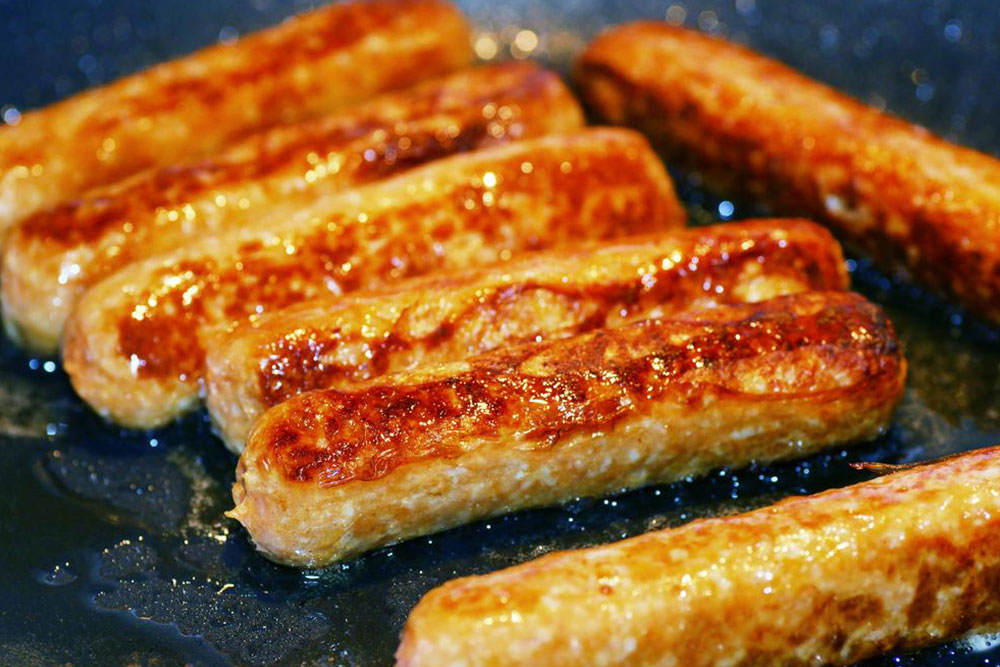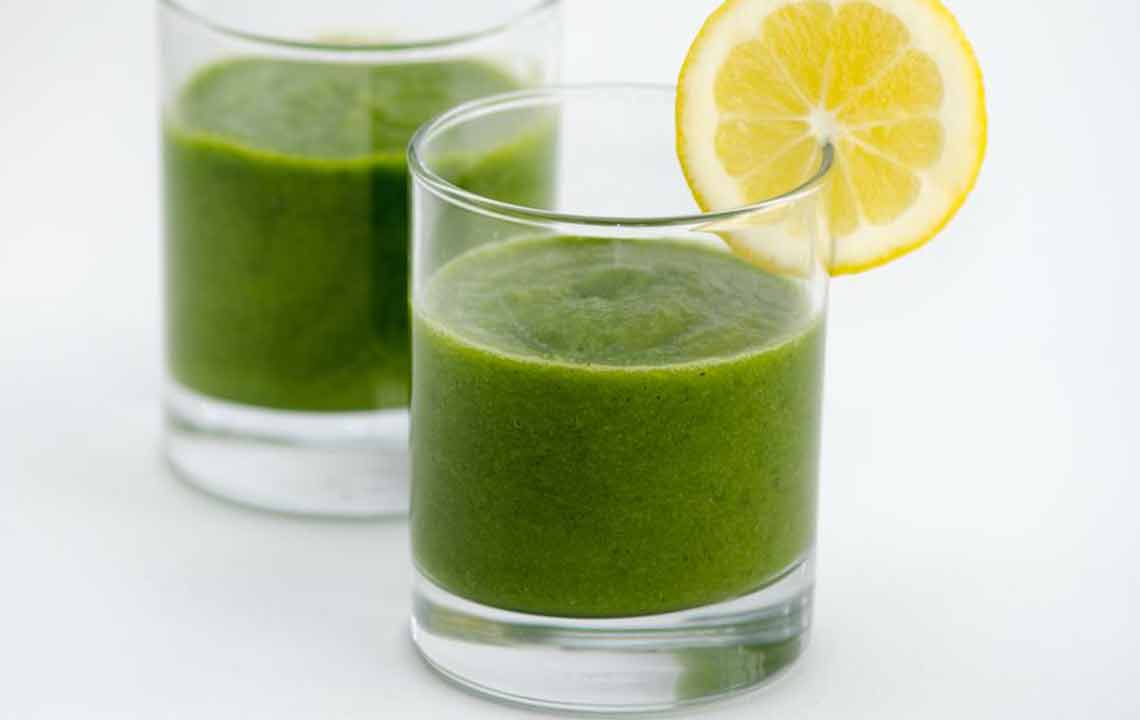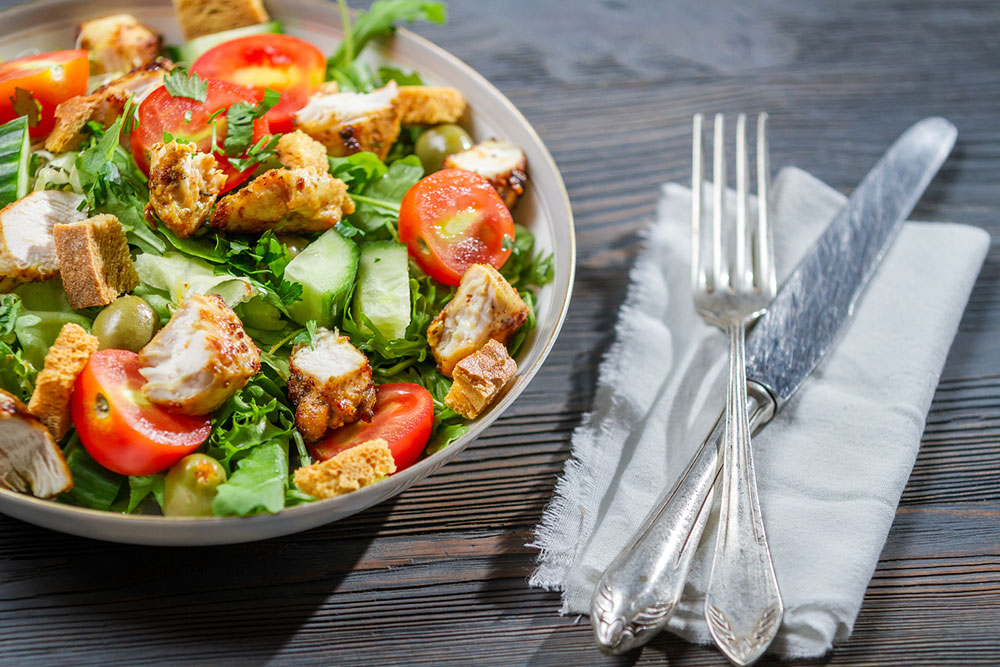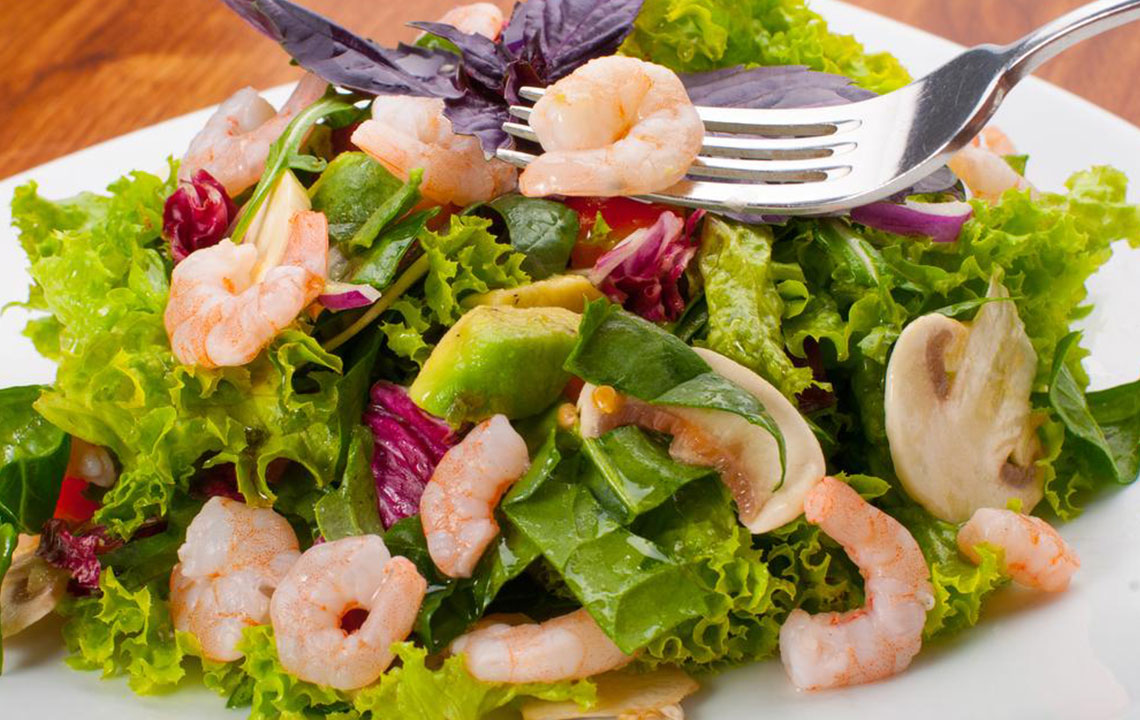Effective Strategies to Lower Triglyceride Levels Through Your Diet
Learn practical ways to lower your triglyceride levels through diet and lifestyle modifications. Incorporating omega-3 rich fish, soy protein, healthy fats, and fiber-rich foods, along with regular exercise and alcohol reduction, can help prevent heart problems and improve overall health. This guide provides valuable tips for maintaining healthy triglyceride levels and reducing associated risks. Consult your healthcare provider before making significant changes to your diet or activity routine for personalized advice.

Effective Strategies to Lower Triglyceride Levels Through Your Diet
Understanding Triglycerides
Triglycerides are fats circulating in your blood, used by your body for energy. Excess triglycerides, known as bad cholesterol (LDL), can increase the risk of cardiovascular issues like heart attacks and strokes. Maintaining healthy levels is crucial for overall heart health.
Tips to Reduce Triglyceride Intake
Achieving a balanced diet with proper nutrients—proteins, carbs, fats, vitamins, and minerals—is essential. Overconsumption of certain foods can elevate triglyceride levels, leading to arterial thickening and heart problems.
Elevated triglyceride levels above 1000 mg/dl pose risks like pancreatitis. Foods high in sugar, processed snacks, and baked goods are common sources. Limit intake of trans fats and saturated fats to improve health.
Diet Tips to Lower Triglycerides
Include fatty fish in your meals:
Rich in omega-3 fatty acids, fish such as salmon, mackerel, and tuna help reduce triglyceride levels and promote heart and brain health. For vegetarians, omega-3 supplements are an alternative.
Benefit from soy protein:
Soy protein accelerates triglyceride reduction—12 times faster than animal protein—helping lower serum cholesterol and LDL. Incorporate soy foods like tofu, soy milk, and edamame into your diet.
Choose healthy fats:
Swap cooking oils like sunflower, coconut, or palm oil with olive or walnut oil. Nuts and avocados are also excellent sources of monounsaturated fats that support healthy lipid levels.
Eat fiber-rich foods:
Beans, lentils, peas, and whole grains help absorb fats and sugars in the intestine, reducing triglyceride levels. Citrus fruits and nuts such as almonds, cashews, and walnuts are beneficial.
Limit alcohol consumption:
Alcohol contains high sugar and calories, contributes to triglyceride buildup, and should be consumed sparingly or avoided altogether.
Stay active:
Regular physical activity aids triglyceride reduction. Dedicate at least 20 minutes daily to brisk walking, exercises like push-ups, squats, or other physical routines to stay fit.










